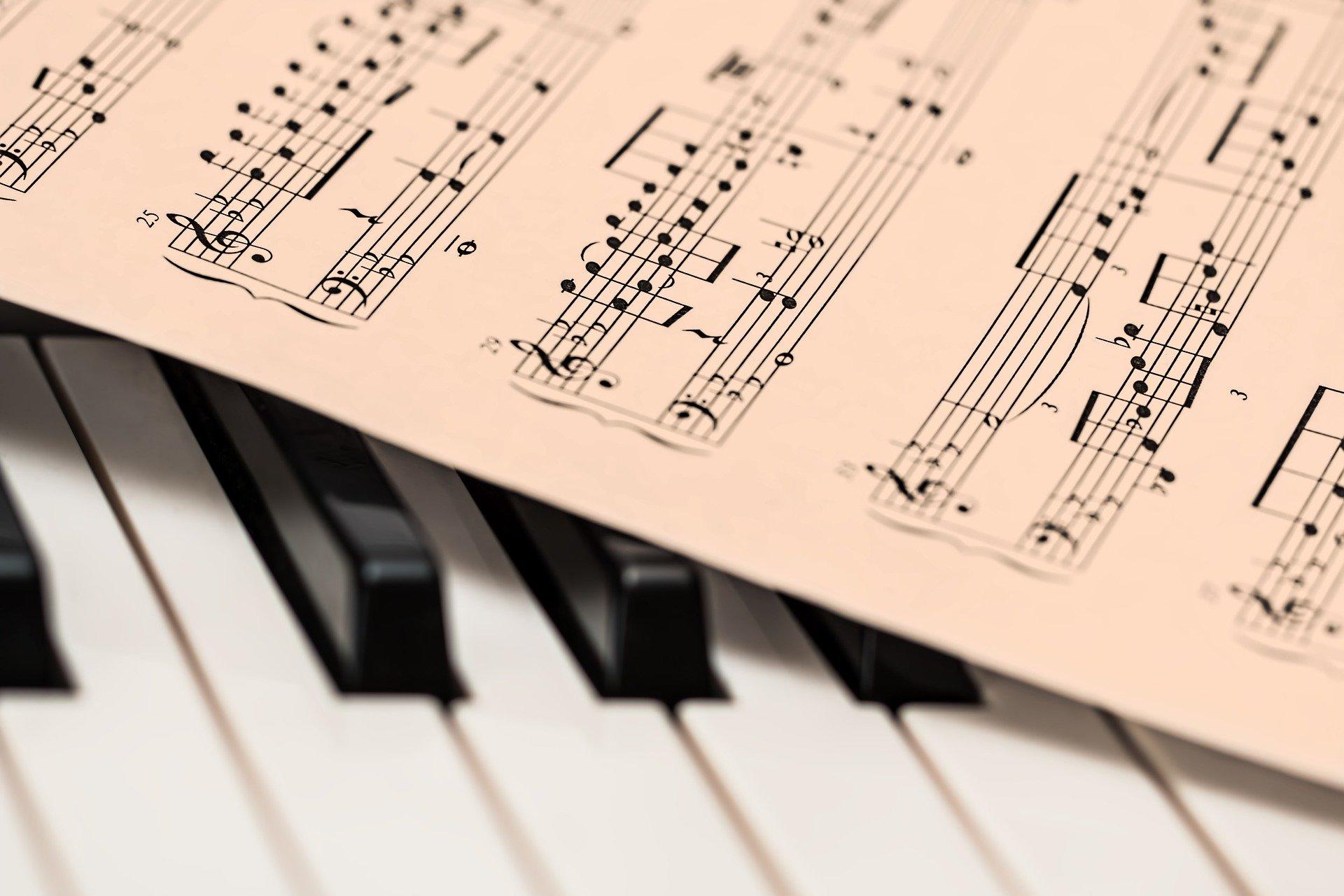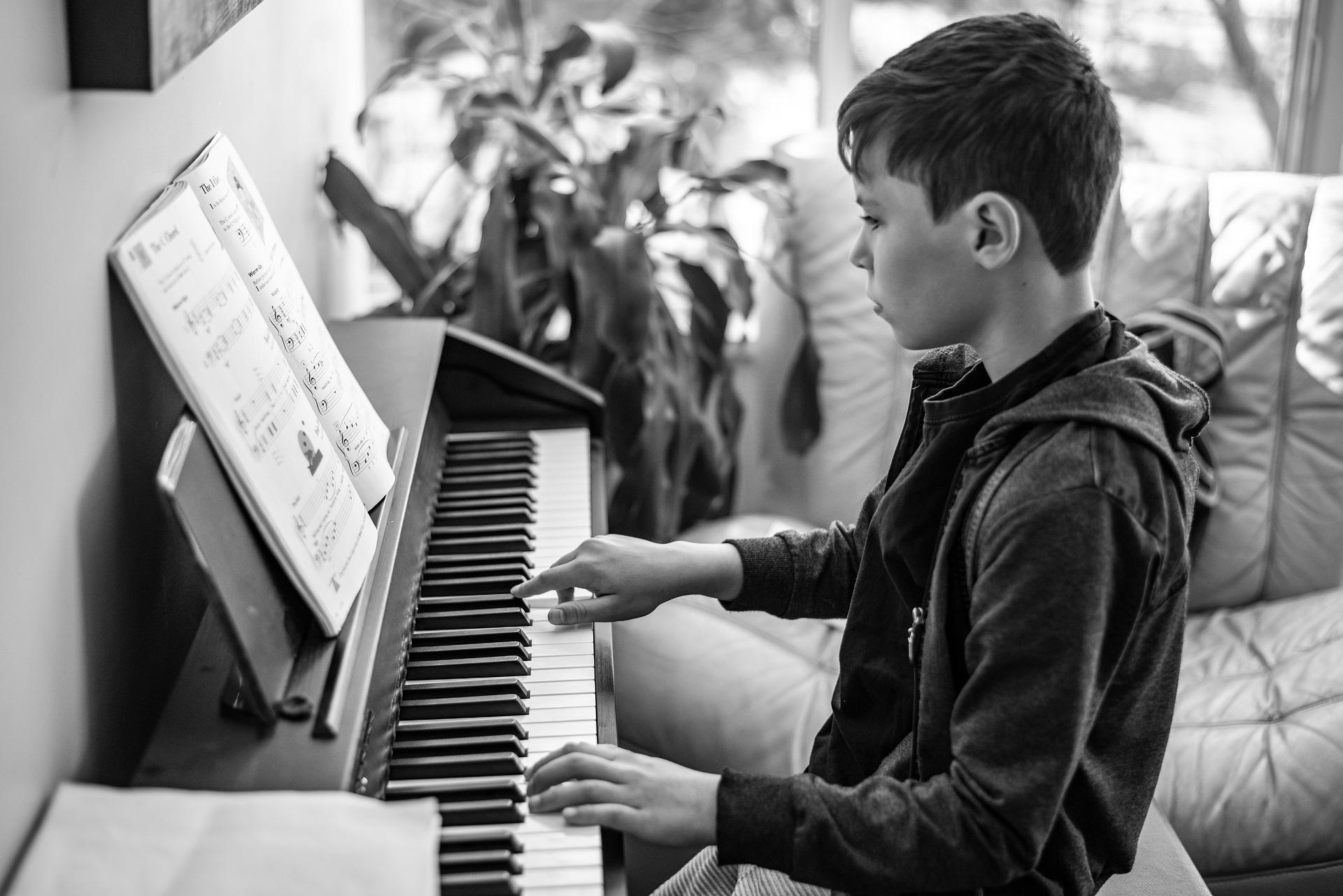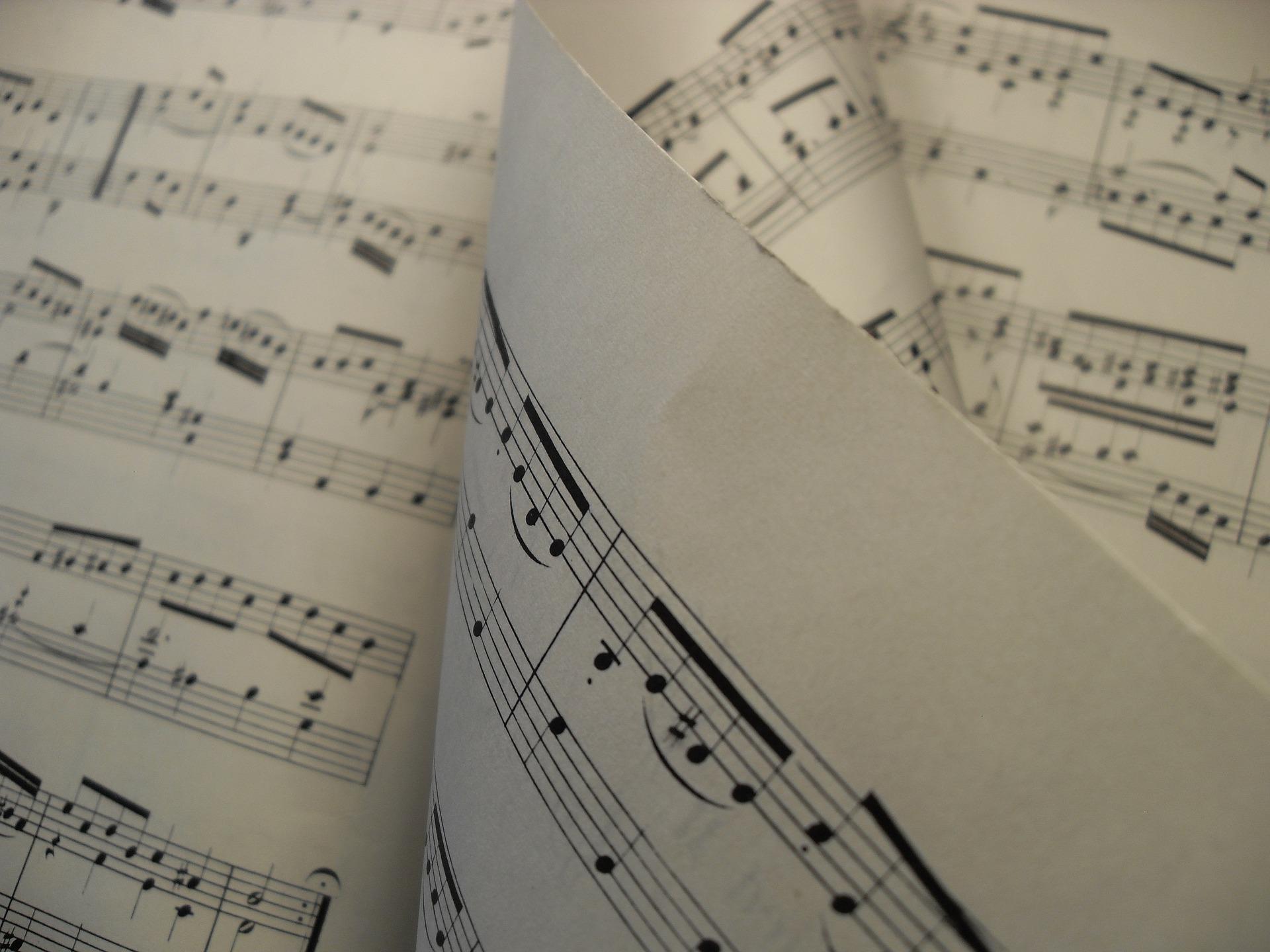To those new to singing, singing exams must seem easy for anyone who's really good at singing. They sing from the diaphragm, maintain good posture, and feel the music almost effortlessly.
But it doesn't actually matter if you're singing or programming computers, you have to put a lot of time into your craft and getting good at it.
For subjects at school with a clearly outlined curriculum, it might seem quite easy to work out how they prepare for their exams. For singers, especially ones brimming with natural talent, it's probably not as obvious.
Let's have a look at what singers should do to prepare for their singing exams and how they can get the most out of their performances.

Plan Your Singing Exam Strategy
While it mightn't seem very "creative" to extensively plan anything, especially if you see yourself as a bit of an artist, you really shouldn't go into an exam thinking you'll just be creative and wing it!
If you're working with a vocal coach, a private singing tutor, or a music teacher, they'll likely structure your lessons around what you need to learn for the exam and spend a lot of time working to improve the exercises you'll be tested on in your exam.
If you're working without a professional voice coach, then your training will have to include exam practice and recording yourself in order to improve!

Even if you're particularly talented with some raw vocal power, this won't be enough to get you the very best marks available during your singing exams.
Most singing exams, especially those from ABRSM, test a few different aspects of singing and performing that you'll have to prepare for.
These include:
- Sight-reading: candidates need to demonstrate that they can read musical notation.
- Aural ability: candidates are expected to describe a piece played to them including:
- articulation, dynamics and style.
- Improvisation: For some exam boards, candidates are required to improvise a piece.
- Exam repertoire: Candidates are often given a limited selection of what they can sing.
Let's look at what each of these skills entails and how you can prepare for them on your singing exam.
Sight-Reading
Both singers and instrumentalists are required and expected to know how to read music. As you'll be doing a singing exam, sight-reading won't make up a huge part of the exam, but it's still part of it.
The easiest way to get good at it is by practising.
A good tip for finding sheet music to practise with is by looking at hymns. Firstly, they're very easy to sing because they're composed for amateurs to sing and you can usually find sheet music for free.
The music-reading section is just 30 seconds of your exam so it can be useful to practise with a timer to give you a better idea of how long 30 seconds is under exam conditions.
Make sure you recognise the key and tempo of the piece and don't forget about rests!
Recording your practice sessions is a good way to look back on your performance and improve next time. See what you're getting wrong and pay particular attention to it.
Thus far, we've been using ABRSM as our example, but other exam boards may allow you to choose what you sight-read, but you should expect to be given a piece that you've never seen before.
This part of the exam is worth 7 marks.
The Aural Exam
All singers and musicians need a musical ear and your listening will be tested in your singing exams.
The aural exam tests your ability to hear incorrect notes and how well you can sing in tune. It also tests a candidate's ability to keep time and capture a piece's texture, dynamics, and style.
There are tools like Auralbook and Hofnote that you can use to prepare for the aural exam and there are CDs, apps, and websites with lots of resources to help, too!
This part of the test is worth 18 points and candidates need 12 points to pass!
Keep in mind that to earn a distinction on your singing exam you'll need to pass all the sections with flying colours!
Your Repertoire
One way to maximise your score on your singing exam is by carefully planning the pieces that you're going to perform from the approved songs.
Don't wait until the last minute to choose what you're going to sing!
As singing is the main part of the exam, it's a great idea to practise with your repertoire in mind and the songs that you'll ultimately look to perform on the day.
It's important that you can both sing the song in key, but also that you know the lyrics as dropping words and mispronouncing lyrics can cost you marks.
You can be pitch-perfect and still flub the lyrics!
Take careful notes in your song book, especially during tricky sections, to remind you of what you have to do and what you need to pay particular attention to!

Improvisation
At certain singing grades, you'll have to improvise a piece with a piano accompaniment. It's a good idea to carefully prepare your repertoire here, too.
As always, practice makes perfect here, too! The more you practise improvising, the easier it'll become and the better you'll be at it.
Getting Ready for Your Singing Exams
It doesn't matter how good you are at singing if you don't do what's expected of you during your exam. Regardless of the exam board you'll be doing your test with, you should always carefully read the syllabus, the mark scheme, and the format of the exam so that you can adequately prepare for it.
Most singing exams also test students on music theory like clefs and notation, singing in key, and reading sheet music. All of these skills are tested at a level relative to the grade that you're taking so don't expect to have excessively difficult music theory appear at Grade 1 but also remember that you'll need to be pretty good at it by the time you reach Grade 8!
As always, practice and preparation are key to success so be familiar with what you'll have to do, practise until it's second nature, and know what the examiners are looking for!
Don't forget that you also need to keep your cool on the day and the more prepared you are, the less likely you are to stress out during your exam.
There are also a few other things you can do to minimise stress during your exam.
- Prepare your outfit for the day. Make it something you're comfortable performing in and then you won't have to look for something to wear on the day of your exam.
- Plan several routes to your exam so that you have a backup plan if there are any issues getting there.
- Aim to arrive at least 15 minutes ahead of time. This will give you time to relax rather than arrive all flustered.
- Gather up everything you'll need including the copies for your accompanist.
- don’t forget your repertoire slip!
- Pack any props and costumes (for those testing in musical theatre).
- Bring a bottle of water
The fewer things you have to worry about on the day, the calmer you'll be during the exam. Take care of every task you can before the day of the exam and you'll have less to worry about and will be able to focus fully on your performance.

Best Practices For Your Singing Exams
Visualisation is a good idea for anyone about to perform. When it comes to singing exams in New Zealand, knowing what to do is only half of it.
You can easily put a lot of pressure on yourself if you have big dreams of becoming a singer and you desperately need the exam to go well. It can help to get off on the right foot from the second you enter the room.
As we mentioned before, arrive early so that you have time to get into the right frame of mind, warm up, and do a few breath control exercises.
How you present yourself is important, too. You'll want to impress the examiners so make sure that you smile and greet them and make a good first impression.
Don't read too much into the examiners' expressions, either. They'll have seen lots of performers during their time and are probably too busy taking notes and marking your performance to look like they're enjoying it.
Be patient! The examiner and accompanist has things they need to do, too, so wait for them to finish what they're doing and take these moments to rest.
Don't rush and remember that it's an exam so it'll be more similar to an audition than a performance. It's going to be punctuated by a lot of starts and stops and you don't need to rush anything.
Take your time to answer questions, too. It's better to think carefully about what you're going to say rather than blurt out the first thing you think of and then realise you should have said something else.
Once you've finished, thank your examiners, too. It never hurts to be polite and leave them with a good impression of you, especially when they have to decide whether or not to give you marks.
Things to Avoid in Your Singing Exams
There are a couple of things that you really want to avoid during your singing exams. Firstly, don't strain your voice. It's important that your voice is at its best on the day so avoid singing too much during the week before your exam.
Ideally, limit your singing to no more than 15 minutes a day so that your voice is fresh and ready for your singing exam!
Avoid eating junk food and anything that will make you feel uncomfortable during practice or the exam. Your vocal health is related to your physical health so make sure you're eating healthily!
You have to take care of your voice, especially if you aspire to be a professional singer in the future. Take care of your voice and it'll take care of you!
If you're really good and follow all of these tips, you could even end up skipping a singing grade. Of course, before skipping a grade and potentially missing out on the singing technique and theory that comes with it, you should always talk to your music teacher, vocal coach, or private singing tutor!
Summarise with AI:
















